Chinese New Year is just around the corner, and everyone is gearing up for the most important celebration in the Chinese culture. In Australia, Chinese New Year is not a public holiday, but we still have our own celebration with our family and close friends.
However when growing up, Chinese New Year is one of the many festive seasons that children especially love, because this is the time when we have the chance to wear new clothes, meeting up with friends and families from afar with no home work with pure play and indulgence and nonstop eating.
But most importantly, it is the time of the year that we, the children will be receiving red packets or “ang pow” as Chinese New Year gifts!
From the children’s point of view, when growing up we did not receive much pocket money, so Chinese New Year is the one and only time to receive red packets and possibly pocket money for the whole year. Most times we had to give half of our red packet money back to our mum, who then used the money as red packets for other children.
So what are the common “ang pow” / red packets giving rituals for Chinese New Year?
Every family has their own rituals and beliefs as to whom and how to give red packets. For some families, red packets are given to children and unmarried adults until a certain age. However some families believe that once they start to earn money, they should start to give red packets, and some believe that as long as they are not married, they will receive red packets until they are married, even if they are as old as 80 years old, and will never ever married.
Red Packet
Anyway, I am sharing with you a few my family rituals of “ang pow”/red packets giving and receiving rituals:
- We normally use new dollar notes (and avoid coins) for the red packets, as this is a new year, so everything starts a new. I believe this is the same with many families.
- Chinese New Year celebration goes on for 15 days, so you need to have red packets handy throughout the 15 days, just in case you meet up with someone to whom you may need to give red packets to.
- The amount you give will depend on who is to receive the red packets. The closer the relationships, the higher the amount of the red packets.
- The amount in the red packets is to be given in even numbers., i.e. $4, $8, $12 etc. as odd numbers are normally associated with bad omens like funerals.
- It is polite for both the receiver and recipient to give and receive with both hands.
- The recipient will normally wish the elderly happy chinese new year first, and the elderly will give the red packet to the child, and at the same time send him or her a string of well wishes, such as they will marry soon, do well in exams, stay healthy etc.
- It is impolite to open the red packets in front of the person who gifted it. However as children, we would even write the names of the person on the red packets, and would remember how much was given by this person for the next 12 months.
- It is believed that one should never give a red packet with an amount that starts or ends with a figure FOUR, as this number 4 is associated to “death” (chinese pronounciation), however this ritual is not practiced in my family.
Do you still give “ang pow” or red packet in Australia? Would love to hear about your “ang pow” giving rituals growing up. Have a wonderful Chinese New Year celebration on 5th February 2019.

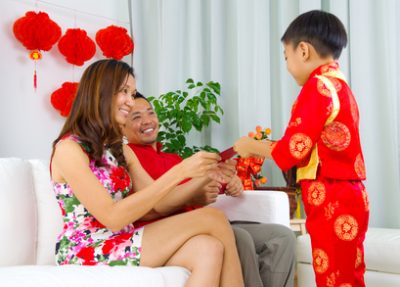
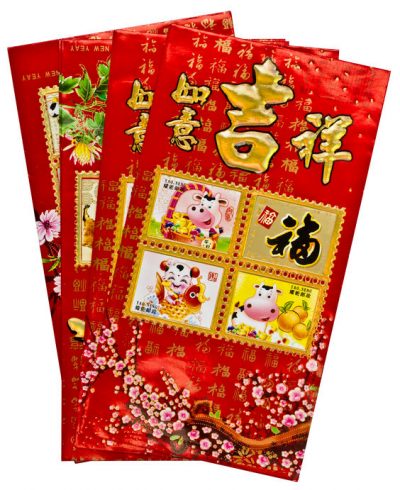
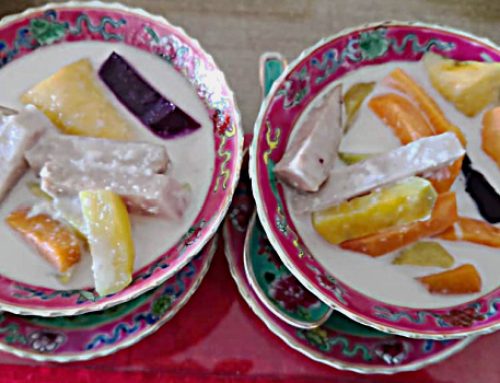
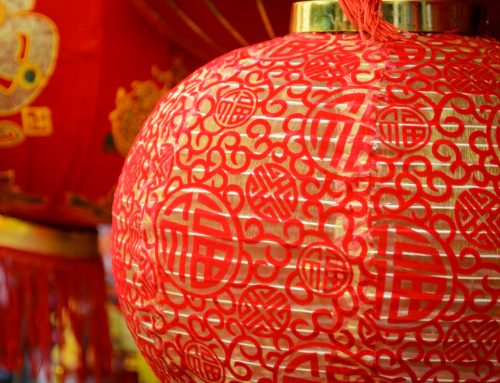
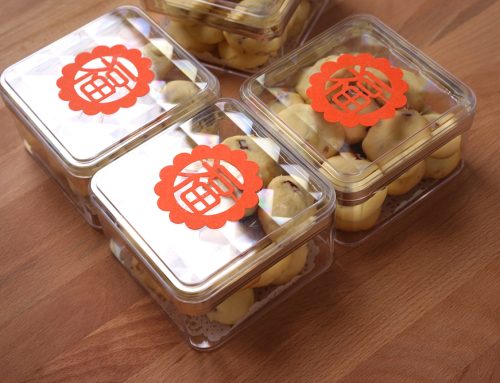
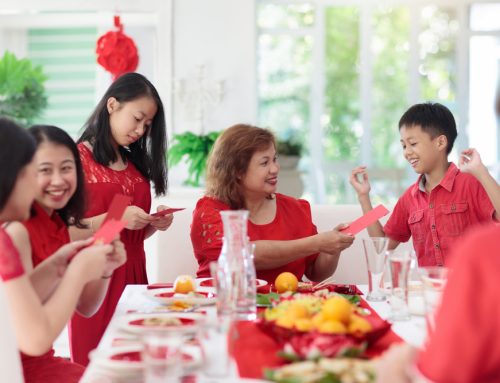
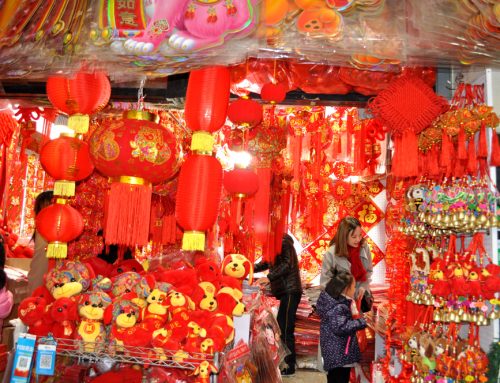
I was brought up in a family that gives ang pow only to those who visit our family and pay respect to my parents, be it our relatives, our parents’ employees and their children or even my siblings’ friends and their children. Of course, the amount in the and pow will be different depending on the relationship with any parties. And even though we are already married and come back to visit my parents during CNY (we gave ang pow to our parents as a mean of respect during CNY), we are told that we not obliged to give ang pow to the visitors of my parents or my siblings’ friends’ children unless it is some unmarried close relatives or relatives’ children.
When I got married, my in-laws tradition is more or less the same with the emphasis of NOT GIVING ang pow to others when you are visiting or pay respect in other people’s house that is to say you are a visitor in other people’s house. When the house owner gives ang pows to your children, you are NOT OBLIGED to give their children the ang pows in return unless they come to visit/pay respect in your house.
And it is this tradition that made me feel uneasy especially when my children received the ang pows when we visited other people’s house. Is there a rule as to how and when to give the ang pow? Will be grateful if you can enlighten me and others on this issue. Thank you.
Hi Pauline,
Every household has different “ang pow” rule. For my family, all married children / couple will have to give ang pow to anyone (older or younger) who is not married, whether visitors to our home or in other people’s home during our CNY visits. And when I mean anyone, it literally means anyone unmarried, whether at our home or someone else’s home. It can be very scary, especially we are not sure who we will meet during CNY visitings and how much ang pow we have to wrap.